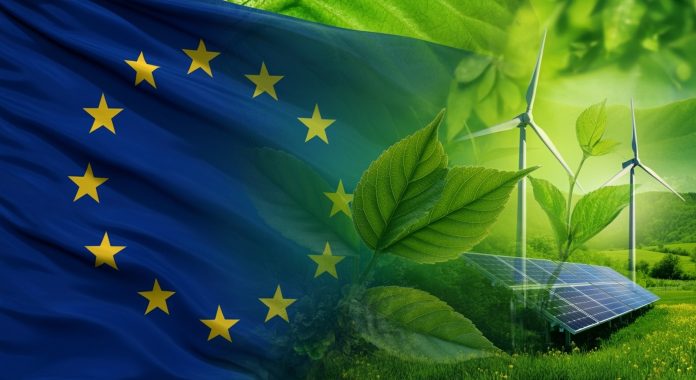The European Commission has granted over €380m to 133 innovative projects under the LIFE Programme, accelerating Europe’s green transition.
These projects aim to address environmental challenges and advance climate action across the continent, contributing to the European Green Deal’s ambitious objectives of achieving climate neutrality by 2050 and halting biodiversity loss by 2030.
Boosting sustainability through LIFE projects
The LIFE Programme’s recent funding allocation of €380m represents over half of the €574m needed to implement these projects, with the remainder sourced from national, regional, and local governments, public-private partnerships, businesses, and civil society organisations.
The projects cover a range of environmental areas, including the circular economy, nature and biodiversity restoration, climate resilience, and clean energy transitions.
These investments will have a profound impact on Europe’s environment, economy, and citizens’ quality of life, propelling the EU’s green transition.
Circular economy and improved quality of life
One of the primary focuses of the LIFE Programme is promoting a circular economy. Nearly €143m has been dedicated to 26 projects that aim to reduce waste, improve water use, and tackle air and noise pollution.
These initiatives also emphasise the importance of recycling and reusing materials to minimise environmental impact.
Notably, Italy’s LIFE GRAPhiREC project is set to recycle graphite from battery waste, potentially generating €23.4m in revenue while cutting production costs by €25m.
Spain’s LIFE POLITEX project, with a €5m investment, aims to reduce the fashion industry’s environmental footprint by converting textile waste into new fabrics.
Additionally, the Canary Islands’ €9.8m DESALIFE project seeks to improve water resilience by desalinating 1.7 billion litres of ocean water using offshore wave-powered buoys.
Nature and biodiversity restoration
Close to €216m has been allocated for projects that restore ecosystems and protect biodiversity. Twenty-five projects will address habitat restoration, species conservation, and improved management of freshwater, marine, and coastal environments.
LIFE4AquaticWarbler and LIFE AWOM, two biodiversity projects, aim to save the rare aquatic warbler bird, mobilising €24m across multiple countries, including Belgium, Germany, and Spain.
Budapest’s €3.6m Biodiverse City LIFE project promotes the peaceful coexistence of nature and urban life, showcasing how cities can integrate biodiversity into their planning.
Tackling climate resilience and the clean energy transition
With €110m earmarked for climate resilience and mitigation efforts, Europe is making strides in adapting to the impacts of climate change.
IMAGE LIFE and LIFE VINOSHIELD, two notable projects, will help European vineyards and cheese producers (e.g., Parmigiano Reggiano and Camembert) adapt to extreme weather conditions and water scarcity.
To further accelerate the green transition, €105m is being invested in projects that promote clean energy solutions.
One example is LIFE DiVirtue, a €1.25m project using virtual and augmented reality to train construction professionals in building zero-emission structures.
Meanwhile, the €10m ENERCOM FACILITY project will empower 140 emerging energy communities across Europe to develop sustainable energy initiatives and promote long-term renewable energy solutions.
Europe’s path towards a green future
The LIFE Programme’s investment in these 133 projects highlights the EU’s commitment to tackling environmental challenges and achieving a sustainable future.
Through innovations in the circular economy, biodiversity restoration, and climate resilience, Europe is moving closer to its goal of becoming climate-neutral by 2050 and ensuring the success of its green transition.





